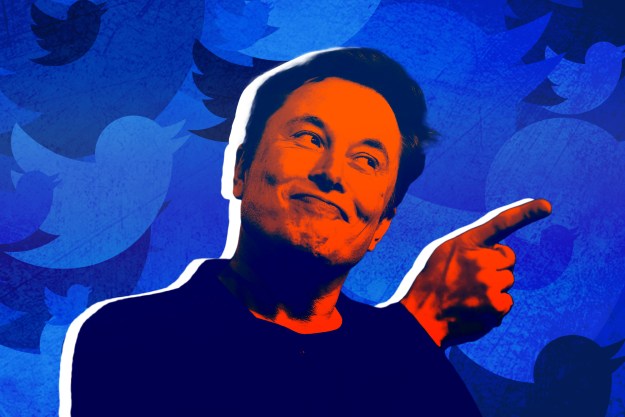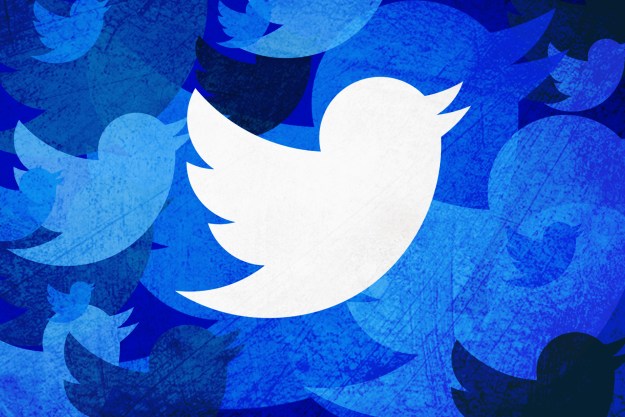Twitter has banned Moscow-based security company Kaspersky Lab from advertis9ing on its platform due to the company’s alleged ties to Russian intelligence organizations.
“This decision is based on our determination that Kaspersky Labs operates using a business model that inherently conflicts with acceptable Twitter Ads business practices,’ a Twitter representative told Gizmodo. ‘Kaspersky Lab may remain an organic user on our platform, in accordance with the Twitter Rules.’
Kaspersky Lab’s CEO, Eugene Kaspersky, penned an open letter to Twitter’s senior management disputing these claims and expressing his surprise at the ban.
‘Huh? I read this formulation again and again but still couldn’t for the life of me understand how it might relate to us,’ the letter reads. ‘One thing I can say for sure is this: we haven’t violated any written – or unwritten – rules, and our business model is quite simply the same template business model that’s used throughout the whole cybersecurity industry: We provide users with products and services, and they pay us for them.’
In an email to Gizmodo, Twitter cited a Homeland Security notice that warned that the U.S. government was concerned about ties between “certain Kaspersky officials and Russian intelligence and other government agencies.” The notice also cited a Russian law that “allow Russia intelligence agencies to compel assistance from Kaspersky and to intercept communications transiting Russian networks.”
Kaspersky has denied these claims and has urged Twitter to not “shoot themselves in the foot” by catering to “geo political noise.”
“You’re only shooting yourself in the foot when you cater to the geopolitical noise and start refusing to promote material on false pretenses – contrary to the interests of your own business (how else can we describe not accepting money from clients that run ethical businesses?),” Kaspersky said.
However, in October the New York Times reported that Israeli intelligence agents hacked Kaspersky Lab and found that the Russian government used the company’s anti-virus software to obtain classified materials from the National Security Agency.
Kaspersky Lab admitted that its software was installed on the laptop of an NSA contractor. According to Kaspersky, the contractor downloaded a virus while attempting to install an unofficial version of Windows which triggered Kaspersky’s antivirus software. The software uploaded both the virus and the NSA hacking tools to Kaspersky Lab’s servers.
Regarding Twitter, Kaspersky Lab says it will donate its intended Twitter ad budget to the Electronic Frontier Foundation.
Editors' Recommendations
- X says it’s squashing the bug that deleted Twitter images and links
- Twitter is now giving money to some of its creators
- The 10 big ways that Threads is totally different from Twitter
- Twitter ditches legacy check marks, and it’s already confusing
- It’s not just you – Twitter is down for users around the world


